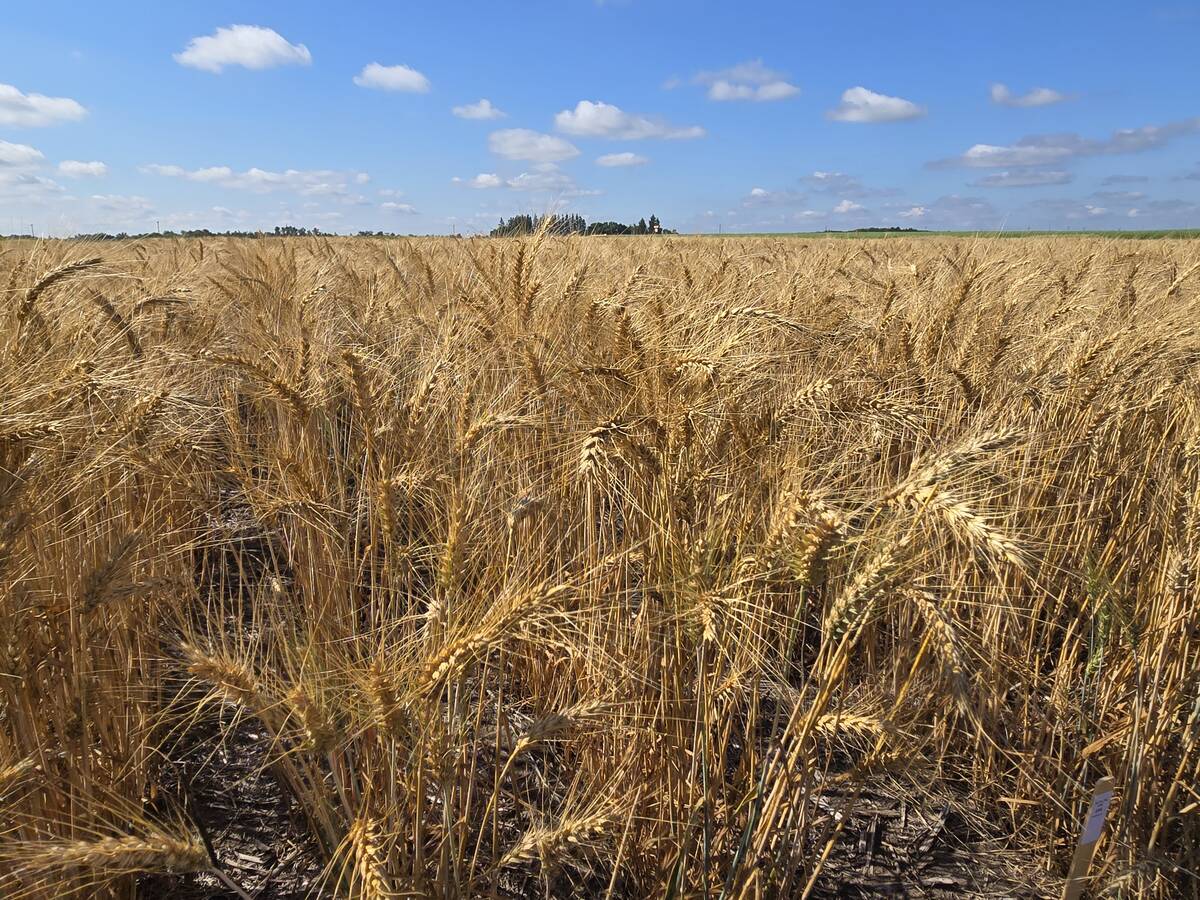WINNIPEG – The lack of reports coming from the United States Department of Agriculture (USDA) because of the partial U.S. government shutdown is taking its toll on the Chicago Board of Trade, said Steve Georgy, president of Allendale Inc. in McHenry, Ill.
The partial shutdown of the U.S. government, as of Jan. 16, is in its 26th day and affecting the USDA. One of the department’s key functions, issuing its weekly and monthly reports, remains at a standstill and left commodity traders with limited information as to what direction the markets should be going.
Read Also

Fall rye hits record high in Manitoba
Winter cereals 2025: More Manitoba fields grew fall rye in 2025 than ever before, but winter wheat slipped and, while spring stand survival was good, drought took its toll
“Without export sales or government reports to find some support in these markets, we could continue to gravitate lower until we see some kind of change,” Georgy said.
“So the thing that we’re seeing is that producers are still selling grain. That’s why our markets continue to edge lower. Bin doors are opening up, farmers are releasing grain. Selling grain, putting pressure on our markets,” he continued.
Allendale’s president said a Chinese trade delegation is set to arrive in the U.S. at the end of January.
“What’s going to happen is this, we got two weeks basically before they get here. We’re going to see the market kind of grind back and forth,” he commented.
Any hope of resolving the ongoing trade war between the U.S. and China, on simmer thanks to a 90-day truce, will probably support the soybean market, according to Georgy.
“The news is getting better versus getting worse. That will probably gravitate these beans back higher again as we get closer to the end of the month,” he said.
Georgy also commented on the weather woes in South America, with Argentina dealing with precipitation and Brazil contending with dryness.
“The more wet in Argentina, that affects our corn. Whereas beans in Brazil…that if it gets too dry, our beans will start to find support,” he said, adding these could lead to a rally.















